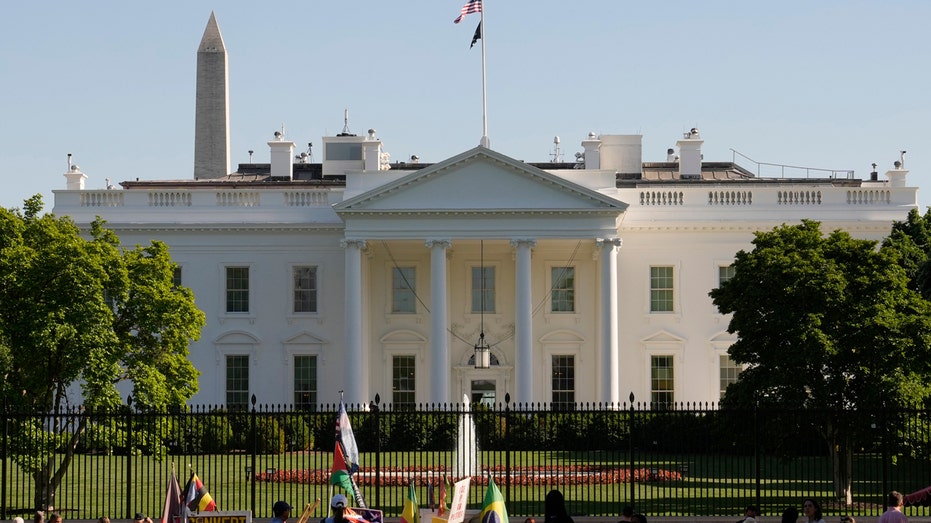As an outsider, I’m delighted by the continent’s local rituals – and their sense of a collective identity that’s more complex than we assume
Every time I go to Germany I seem to stumble into a festival or tradition I wasn’t aware of – and no, I’m not just talking about Oktoberfest. Polterabend, where guests smash porcelain the night before a wedding; Tanz in den Mai, literally “dance into May”; the Schützenfest target-shooting festival and then Königsball, when the best marksman is crowned.
When I showed up to visit a cousin who lives in North Rhine-Westphalia (in her village, the schützen “king” has, for the past three years, been the local priest) it was just a day before Weiberfastnacht was celebrated in the main towns of Cologne and Düsseldorf. Her husband, who was born in and grew up in the region, looked at my incomprehension and explained. In Germany and much of Europe, there are numerous festivals that populate the calendar between the beginning of Lent and Easter and also mark the arrival of spring. Weiberfastnacht kicks off five days of carnival celebrations for Lent by honouring the 1824 revolt of the washerwomen. So on Weiberfastnacht, it’s fair game for women throughout Cologne to stop men wearing ties and cut them off.





